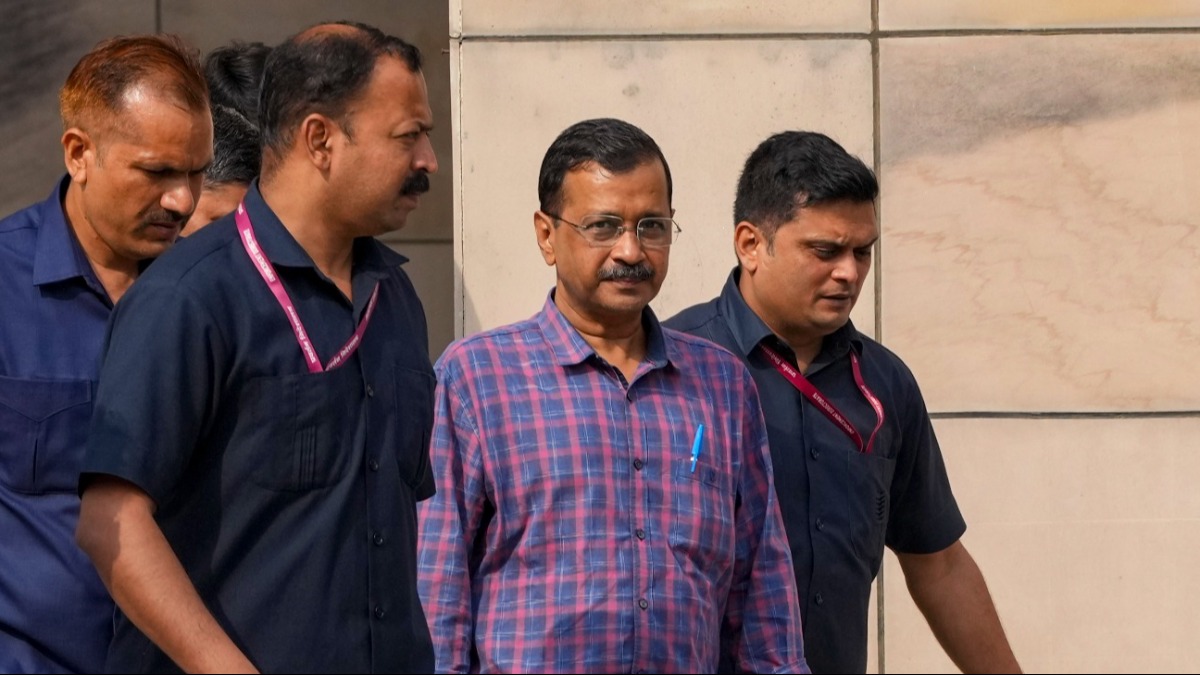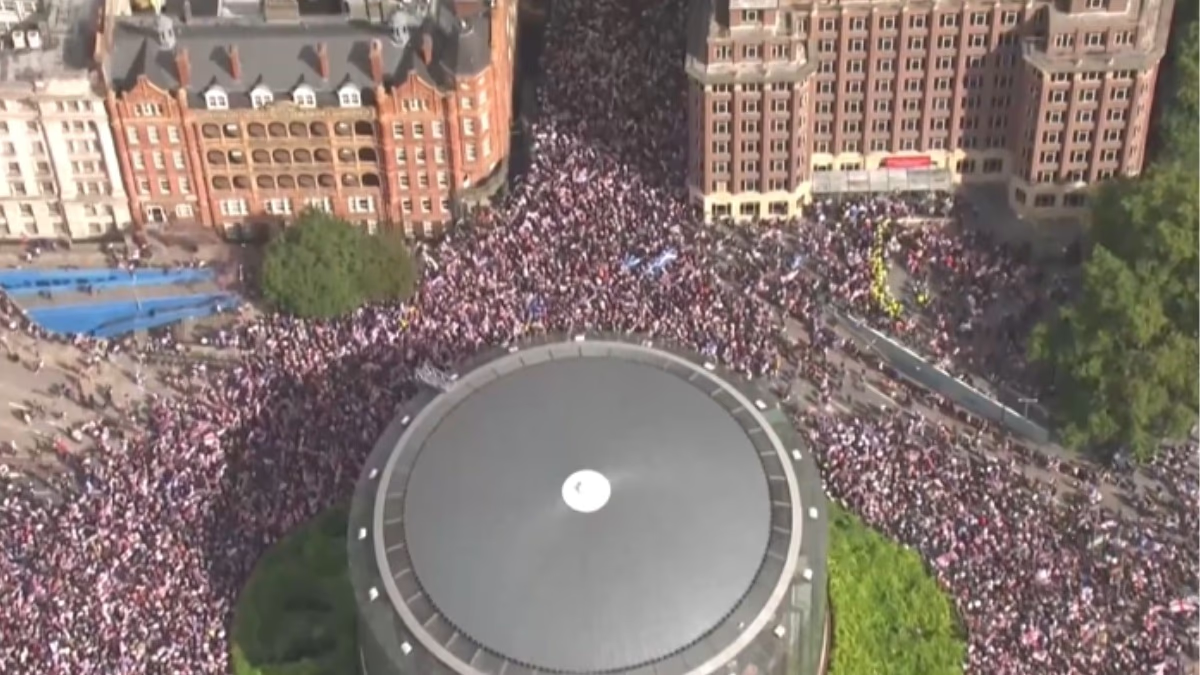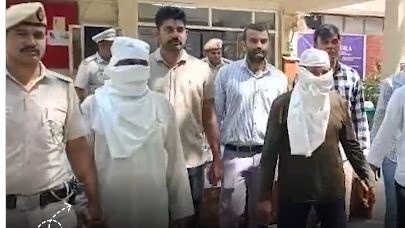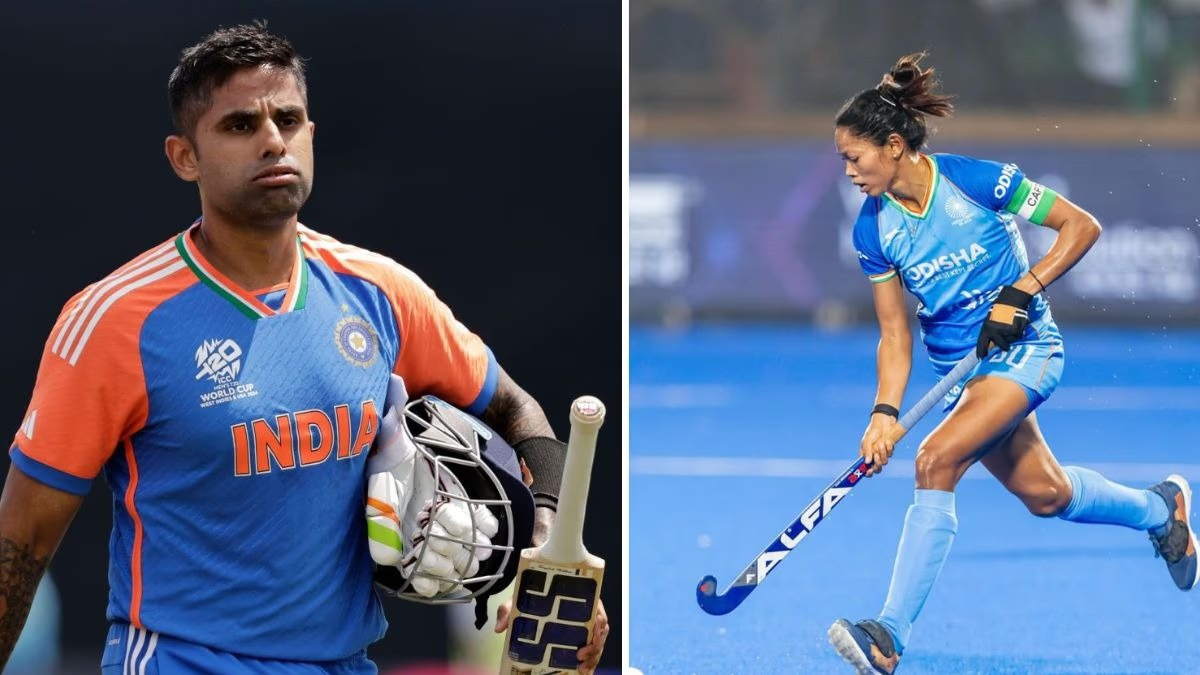The Supreme Court is poised to pronounce its verdict on May 10 regarding interim bail for Delhi Chief Minister Arvind Kejriwal, entangled in a money laundering case linked to an alleged excise policy scandal. On the eve of the decision, ED filed an affidavit in the Supreme Court vehemently opposing the bail plea.
Decision due Friday on interim order
Presiding over the bench hearing Kejriwal's petition against arrest, Justice Sanjeev Khanna remarked, "We will deliver our decision on the interim order (interim bail) this Friday. The core case associated with challenging the arrest will also be resolved the same day."
A precedent for dishonest politicians if Kejriwal gets relief: ED
The ED's Deputy Director, Bhanu Priya, submitted an affidavit a day before the Supreme Court was to deliberate on Kejriwal's bail plea, arguing that granting interim bail based on election campaigning would set a dangerous precedent, potentially allowing all dishonest politicians to commit crimes shielded by electoral campaigns.
Election campaigning is not a fundamental right: ED
The ED contended that the right to campaign is not fundamental, constitutional, or legal. They noted that they are not aware of any politician being granted interim bail for campaign purposes, despite over 123 elections taking place in the past three years. If interim bail is granted for campaigning, no politician could be arrested or held in judicial custody as elections happen year-round.
A pathway for all dishonest leaders: ED
Furthermore, the ED expressed that granting interim bail for campaign purposes in general elections would be a special favor for Kejriwal, proving detrimental to the rule of law and equality. If set, this precedent would permit all dishonest political figures to evade investigations under the facade of election campaigns.
ED says it will create two separate classes in the country
This approach would create two distinct societal classes: ordinary citizens bound by the laws and rules of the country, and politicians who might seek exemptions from laws hoping to secure interim bail for campaigning. Several politicians have contested elections while in judicial custody, some even emerging victorious, but never have they been granted bail on these grounds.
Kejriwal previously used assembly elections as an excuse during summons
ED stated that a politician cannot claim a higher status than an ordinary citizen. Kejriwal had earlier used the assembly elections in five states as an excuse to evade summons. ED historically opposed Kejriwal's bail and cautioned that it would set a bad example, questioning whether a politician could receive special treatment compared to an ordinary person. With 5,000 people facing prosecution, what if they all claimed to wish to campaign? Nine summons were issued over six months, and ED cannot be blamed for timing selections.
Kejriwal's legal team raises objections
Delhi Chief Minister and National Convenor of the Aam Aadmi Party, Arvind Kejriwal's legal team, has strongly objected to the ED's affidavit opposing interim bail. The party has informed that a formal complaint has been lodged with the Supreme Court's registry, denouncing the ED's affidavit as a severe disregard for legal procedures, especially given that the case is already scheduled for a final decision on Friday in the Supreme Court without the court's approval.
The Aam Aadmi Party questioned ED's objection to Kejriwal's interim bail, pointing out that despite two years of investigation into the alleged liquor scandal, not a single penny or evidence has been recovered against any member of the party. Moreover, the case for arresting CM Kejriwal relies on statements by Magunta Srinivasulu Reddy, Sarath Reddy, Satya Vijay Naik, and an associate of a former BJP Chief Minister.




